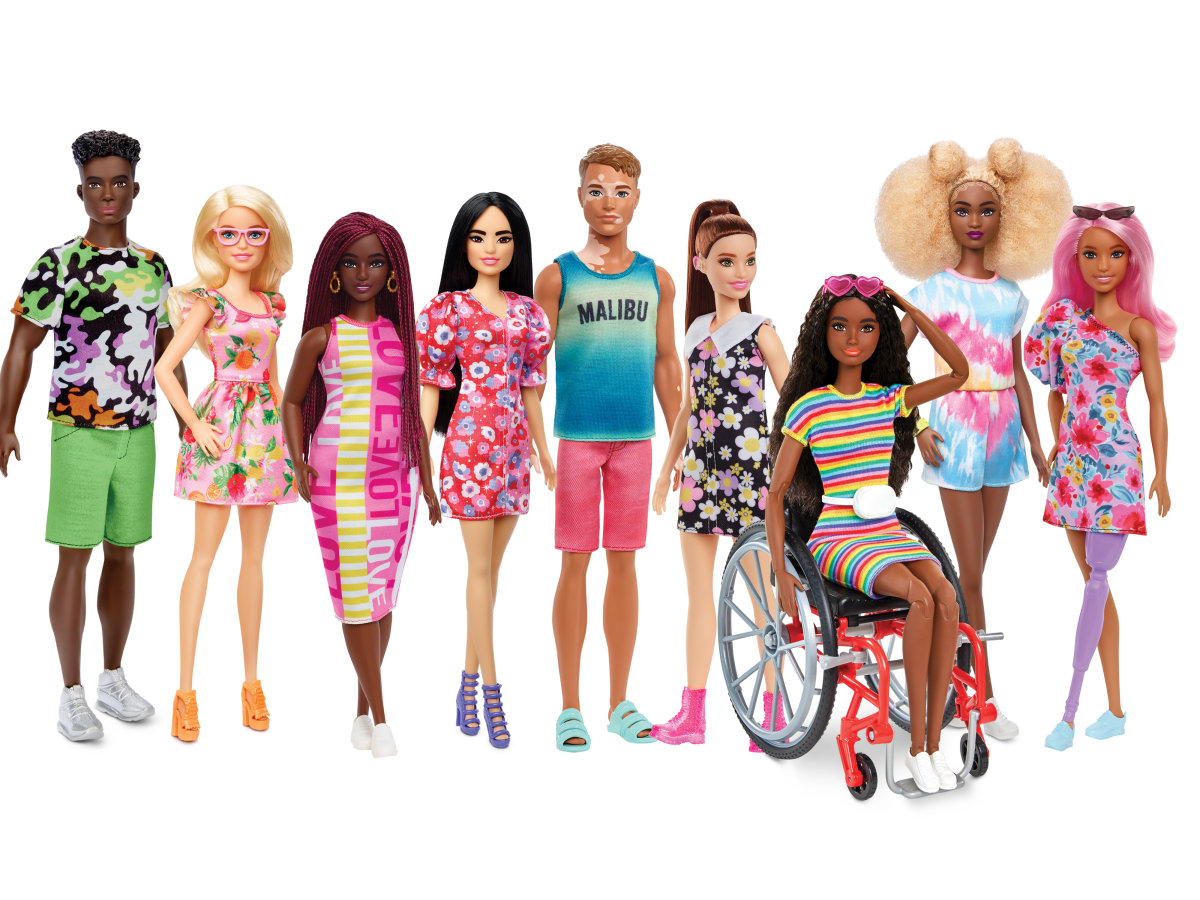Ryan Feil is a dedicated Barbie aficionado and seasoned writer. His background in Film Studies makes him a trusted authority on all aspects of Barbie movies. Ryan's passion lies in making Barbie-related content accessible and engaging to all.
Barbie, a popular cultural icon, has sparked interesting debates among feminists. Many view Barbie as a symbol of societal beauty standards and gender roles. Critics argue that her unrealistic physical proportions promote an unattainable beauty ideal. However, it's worth noting that Mattel, the company behind Barbie, has recently diversified their dolls to reflect a broader range of body types and ethnicities.

Barbie's career choices have also been a hot topic. While some criticize her traditionally "feminine" jobs, others praise her for having a wide range of careers, from astronaut to president. These diverse career options challenge gender stereotypes and encourage girls to dream big.
Overall, Barbie's societal impact has ignited crucial discussions about beauty standards and gender roles. By examining Barbie through a feminist lens, we can gain a deeper understanding of how popular culture shapes our perceptions and expectations.

💅 Barbie: Is She Setting the Beauty Standards or Just Reflecting Them?
Barbie, a cultural icon, has always intrigued feminists. Critics argue that Barbie's unrealistic body proportions could set harmful beauty standards for young girls, promoting a narrow definition of beauty with her thin waist, long legs, and large bust.
Yet, it's worth noting that Mattel, the creators of Barbie, have introduced more diverse and realistic dolls in recent years. With different body types, skin tones, and hairstyles, these changes aim to broaden the representation of beauty and promote inclusivity.
By offering dolls that reflect a wider range of appearances, Mattel is acknowledging the concerns raised by feminists and taking steps towards creating a more positive impact on society. Barbie's evolution is a testament to the power of feminist critique and the demand for more diverse and inclusive representations in the media.

Barbie's journey extends beyond her physical appearance. Over the years, she has pursued a variety of careers, from astronaut to president. While some feminists criticize Barbie's traditionally "feminine" jobs, others appreciate the range of career choices she represents. Barbie has shown that girls can aspire to any profession they desire, breaking down gender stereotypes along the way. Is it contradictory to be a traditional feminist?
For more insight into Barbie's diverse careers and their impact on gender roles, watch this informative video:

👩🚀 Barbie's Job Hunt: A Feminist's Critique or Applause?
Barbie's career choices have sparked both critique and applause. Some argue that her traditionally 'feminine' jobs reinforce gender stereotypes, limiting girls' dreams. Yet, others celebrate the range of careers Barbie has explored, from astronaut to president, as a positive move towards breaking gender barriers. Barbie's diverse careers have broadened the horizon for girls' imaginations, inspiring them to dream big and challenge societal norms. Barbie's career evolution mirrors the shifting attitudes towards gender roles in society. Despite some reservations, it's clear that Barbie has made strides in promoting a more inclusive and empowering image for girls. Ultimately, Barbie's career choices serve as a platform for discussions about gender equality and the importance of dismantling societal barriers.
Let's take a closer look at how Barbie's career choices have influenced perceptions of gender roles. The following video, 'Beyond the Pink: Unpacking gender and representation in Barbie', provides a detailed exploration of this topic.
As the video illustrates, Barbie's career evolution has not only mirrored societal changes in gender roles, but has also played a significant role in shaping these changes. While Barbie's career choices have been a source of criticism, they have also been a source of empowerment, demonstrating the possibilities for women beyond traditional gender norms.















